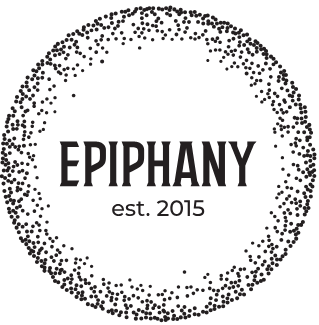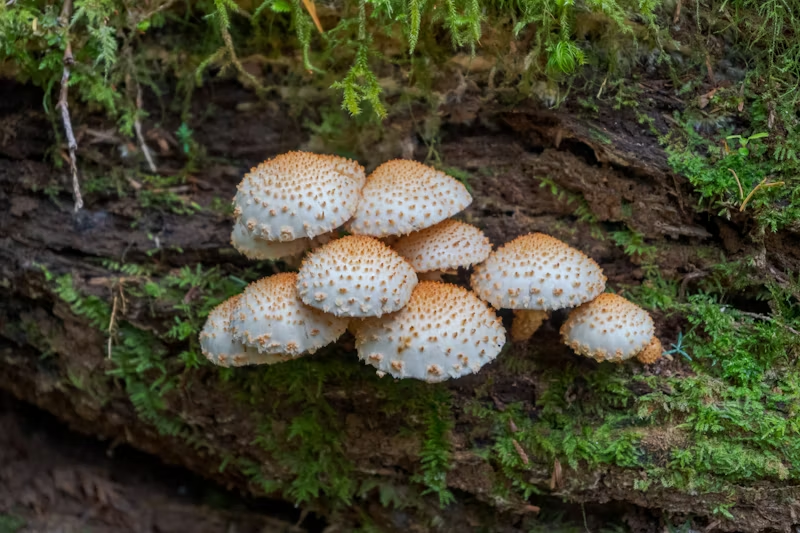Psilocybin, the psychoactive compound found in certain species of mushrooms, has garnered attention for its potential therapeutic benefits. Beyond its psychedelic effects, psilocybin may also offer nutritional advantages when incorporated into one’s diet. In this article, we’ll explore the intersection of psilocybin and nutrition, delving into its potential health benefits, culinary possibilities, and safety considerations.
1. Introduction to Psilocybin and Nutrition
Brief overview of psilocybin and its effects.
Psilocybin is a naturally occurring compound found in various species of mushrooms, known for its hallucinogenic properties and potential therapeutic effects on mental health conditions such as depression and anxiety.
Introduction to the concept of incorporating psilocybin into one’s diet.
Beyond its traditional use as a recreational or therapeutic substance, psilocybin is gaining recognition for its potential as a nutritional supplement when consumed in controlled doses as part of a balanced diet.
2. Nutritional Benefits of Psilocybin
Overview of the potential nutritional benefits of psilocybin.
Psilocybin-containing mushrooms are rich in essential nutrients such as vitamins, minerals, and antioxidants, which contribute to overall health and well-being.
Exploration of the role of psilocybin in promoting overall well-being.
Studies suggest that psilocybin may have anti-inflammatory, neuroprotective, and immune-modulating properties, which could contribute to its potential nutritional benefits.
3. Edible Consumption of Psilocybin
Different forms of psilocybin-containing mushrooms.
Psilocybin mushrooms come in various species and strains, each with its unique composition and potency levels.
Methods of incorporating psilocybin into recipes and meals.
Psilocybin can be consumed raw, dried, or cooked into various culinary creations, such as teas, soups, and sauces, allowing for creative and versatile culinary experimentation.
4. Psilocybin as a Functional Food
Definition of functional foods.
Functional foods are those that offer health benefits beyond basic nutrition, often containing bioactive compounds that promote health and prevent disease.
Discussion on how psilocybin can be considered a functional food.
With its potential nutritional and therapeutic properties, psilocybin-containing mushrooms can be viewed as a functional food that supports overall well-being when consumed as part of a balanced diet.
5. Balancing Health Benefits and Risks
Consideration of potential risks associated with psilocybin consumption.
While psilocybin has shown promise in treating various mental health conditions, its recreational use can also pose risks, including adverse psychological reactions and legal implications.
Strategies for balancing the health benefits with potential risks.
Responsible consumption, informed decision-making, and adherence to dosage guidelines are essential for mitigating potential risks while maximizing the nutritional and therapeutic benefits of psilocybin.
6. Psilocybin and Mental Health
Exploration of the potential role of psilocybin in mental health and well-being.
Research suggests that psilocybin may have antidepressant, anxiolytic, and mood-enhancing effects, offering new avenues for the treatment of mental health disorders.
Discussion on the importance of a holistic approach to mental health.
While psilocybin shows promise as a therapeutic tool, it is essential to address mental health concerns through a comprehensive approach that includes therapy, lifestyle modifications, and social support.
7. Culinary Creativity with Psilocybin
Encouragement of creativity in incorporating psilocybin into meals.
Experimenting with psilocybin-infused recipes allows for culinary innovation and exploration while harnessing the potential nutritional and therapeutic benefits of this versatile compound.
Examples of innovative recipes and culinary creations.
From gourmet mushroom dishes to infused beverages and desserts, there are endless possibilities for incorporating psilocybin into culinary creations that delight the senses and nourish the body.
8. Safety Precautions and Dosage
Importance of responsible consumption.
Responsible use of psilocybin involves understanding dosage guidelines, being mindful of individual tolerance levels, and creating a safe and supportive environment for consumption.
Guidelines for safe dosage and consumption.
Start with low doses and gradually increase as needed, always keeping in mind the potential risks and individual sensitivity to psilocybin’s effects.
9. Legal Considerations
The current legal status of psilocybin-containing mushrooms.
Psilocybin mushrooms are classified as Schedule I substances in many countries, meaning their possession, cultivation, and distribution are illegal without proper authorization.
Discussion on the evolving legal landscape surrounding psychedelics.
Despite current legal restrictions, there is growing interest and advocacy for the decriminalization and medicalization of psychedelics, including psilocybin, as research continues to uncover their potential benefits.
Conclusion
In conclusion, the integration of psilocybin into one’s diet offers a fascinating intersection of nutrition, culinary creativity, and mental health. While further research is needed to fully understand its nutritional benefits and therapeutic potential, responsible consumption of psilocybin-containing mushrooms can enhance overall well-being and contribute to a holistic approach to health and wellness.
Frequently Asked Questions
Can I grow my own psilocybin mushrooms at home?
While it is possible to cultivate psilocybin-containing mushrooms at home, it’s essential to be aware of the legal implications and potential risks associated with cultivation and consumption.
What are the potential side effects of consuming psilocybin-containing mushrooms?
Common side effects of psilocybin consumption include nausea, dizziness, and changes in perception, although these effects are typically mild and short-lived.
Is it safe to consume psilocybin-containing mushrooms during pregnancy or while breastfeeding?
Due to the potential risks to fetal development and infant health, it is not recommended to consume psilocybin-containing mushrooms during pregnancy or while breastfeeding.
How can I advocate for the legalization of psilocybin and other psychedelics?
You can support the legalization and medicalization of psychedelics by educating yourself and others about their potential benefits, supporting advocacy organizations, and engaging in grassroots efforts to change drug policy.
What are the long-term effects of consuming psilocybin-containing mushrooms?
The long-term effects of psilocybin consumption are still being studied, but current research suggests that it may have lasting positive effects on mental health and well-being when used responsibly and in moderation.

